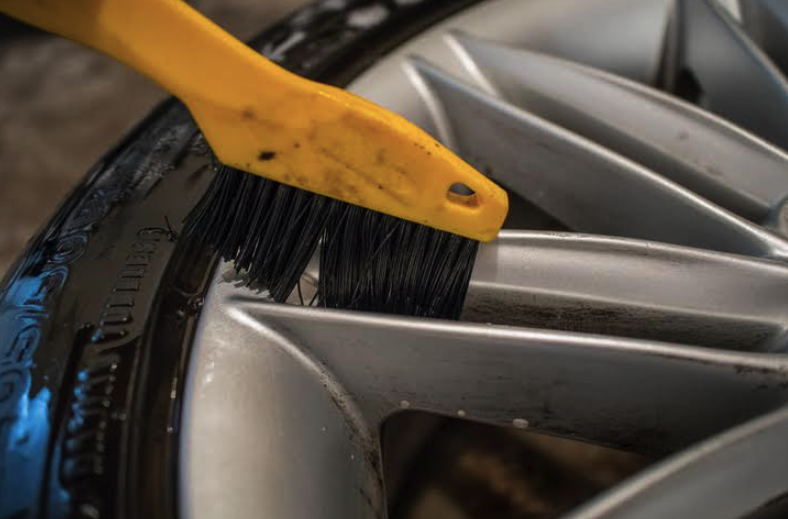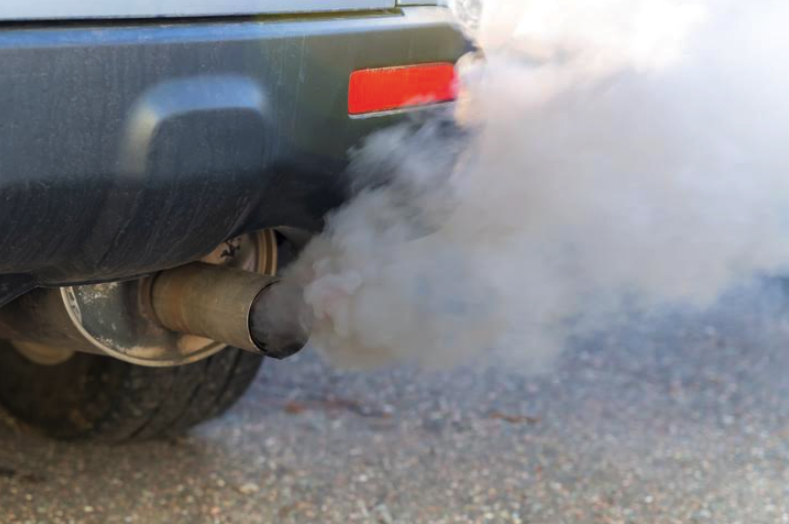If You Want to Become an Auto Mechanic, Find out Why Brake Dust Can Be Harmful to the Environment

Brake dust, the gray-black sediment that can be found lingering on a vehicle’s wheels, is no longer considered only as a potential problem to the vehicle. While some proportion of brake dust collects on a vehicle’s wheels, the rest of it becomes airborne.
Experts are also now revealing that brake dust may present additional damaging effects to the environment. Fortunately, efforts are already being made to help address the issue. Read on to learn more.
Those with Auto Mechanic Training Will Want to Know What Brake Dust Is Made Of
Brake dust is created when the iron brake rotor grinds on the brake pads, causing friction whenever the brakes are used to slow the vehicle. Brake dust can cover a vehicle’s wheels, and if the substance is never cleaned off, can cause corrosion to a wheel’s clear coat and ultimately to its surface, made up of aluminum alloy. What makes brake dust so corrosive? The materials it contains are highly metallic, due to the way that brakes are manufactured today. If you’re enrolled in auto mechanic training, you’ll be interested to know that brake dust is composed of many metallic particles, including iron, titanium, copper, and magnesium. While brake dust is notorious for its potential damage to a vehicle’s wheels, new studies have found that these metallic particles can also pose a danger to the environment.

What Makes Brake Dust Harmful?
Pollution from brake dust may be damaging to the environment. In fact, recent research reveals that 20% of traffic pollution comes from brake dust. In comparison, one study revealed that fumes deriving from the tail-pipes of cars only account for seven percent of particles discovered in roadside air, with the remainder of these tiny particles coming from other vehicle components, such as clutch scrapings, tire particles, brake dust, and generalized road dust.
Top of Form
Bottom of Form

Is There a Solution?
As someone with auto mechanic certification may have already guessed, the brake dust problem complicates the success of global efforts to reduce emissions. Many vehicles are fitted with metallic brakes, engines, and clutches, which can create the metallic dust harmful to the air.
Electric and hybrid vehicles can’t be left out of this equation, as they contain metallic parts too. A solution would involve efforts to produce technologies that don’t create friction. Some efforts have been made to solve this issue, through the use of a high-velocity oxygen fuel (HVOFC) coating, which is sprayed onto a gray iron rotor. This ensures that the rotor never rusts, extending its longevity as well as that of the brake pads, while also reducing the amount of brake dust created. Porsche is offering this HVOF coating on the Cayenne models for an additional cost (around $4,500 CAD), calling the innovation Porsche Surface Control Brakes. Brembo is offering something similar with its “Greentive” brake initiative. The cleaner brakes are a step in the right direction. Hopefully, we’ll see more innovation with more affordable pricing in the years to come!
Do you want to become an auto mechanic?
ATC Toronto has the program for you. Start exploring your options today.

